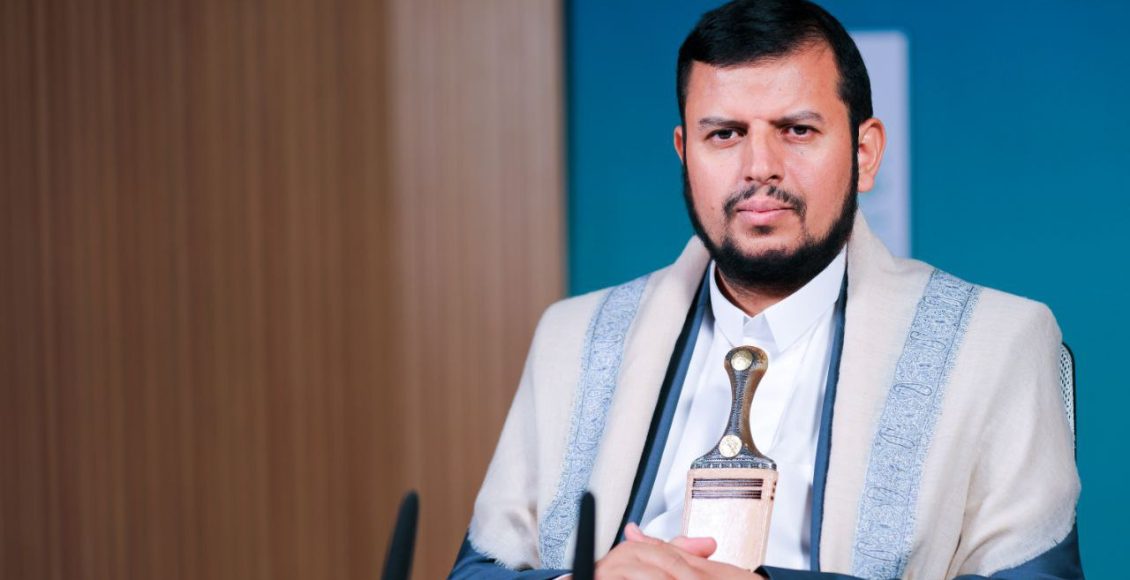Sayyed Abdulmalik al-Houthi: Martyr Leader’s Quranic Project Stands Against U.S.-Israeli Aggression
Sayyed Abdulmalik Badr al-Din al-Houthi, leader of the revolution in Yemen, praised the martyr leader Sayyed Hussein Badr al-Din al-Houthi for his steadfast commitment to the Quranic project, which he initiated in response to the aggressive U.S.-Israeli attack on the Islamic nation. Speaking on the anniversary of the martyr’s death, al-Houthi emphasized that the martyr’s actions, including promoting Quranic education and boycotting American and Israeli goods, were critical to confronting the unprecedented attack by the West, especially following the September 11 attacks.
Al-Houthi pointed out that the military action against Sayyed Hussein in 2004 was an unjustified aggression, as the martyr and his followers had not waged war but had instead focused on spreading Quranic teachings and resistance against foreign hegemony. He criticized the previous Yemeni government for its submission to U.S. and Israeli interests, which facilitated foreign interference in the country across various sectors, including military, media, and education.
The leader stressed that the Quranic project was rooted in religious responsibility and aimed to protect the nation’s dignity, independence, and identity. He also noted that the American and Israeli powers are working within a Zionist agenda to undermine the region, employing cultural and intellectual subversion, corrupting societies, and pushing for loyalty to foreign powers.
Al-Houthi highlighted that the Quranic project served as a beacon of resistance, particularly against the backdrop of American-led wars in the Middle East, including the invasions of Afghanistan and Iraq. He criticized the aggressive actions taken by the Yemeni government under U.S. influence, particularly the brutal attacks against Sayyed Hussein and his followers in Sa’ada, which failed to destroy the Quranic movement.
Despite the severe repression, al-Houthi emphasized that the revolution and the Quranic project have continued to grow, providing a model of resistance and resilience in the face of external pressures. The struggle, he explained, is part of a broader fight against the Zionist agenda, which seeks to fragment and control the Islamic nation, starting with Palestine.
The leader concluded by stating that the Quranic project remains vital, not only for Yemen but for the entire region, as a symbol of resistance against foreign domination and a call for self-reliance and unity.

